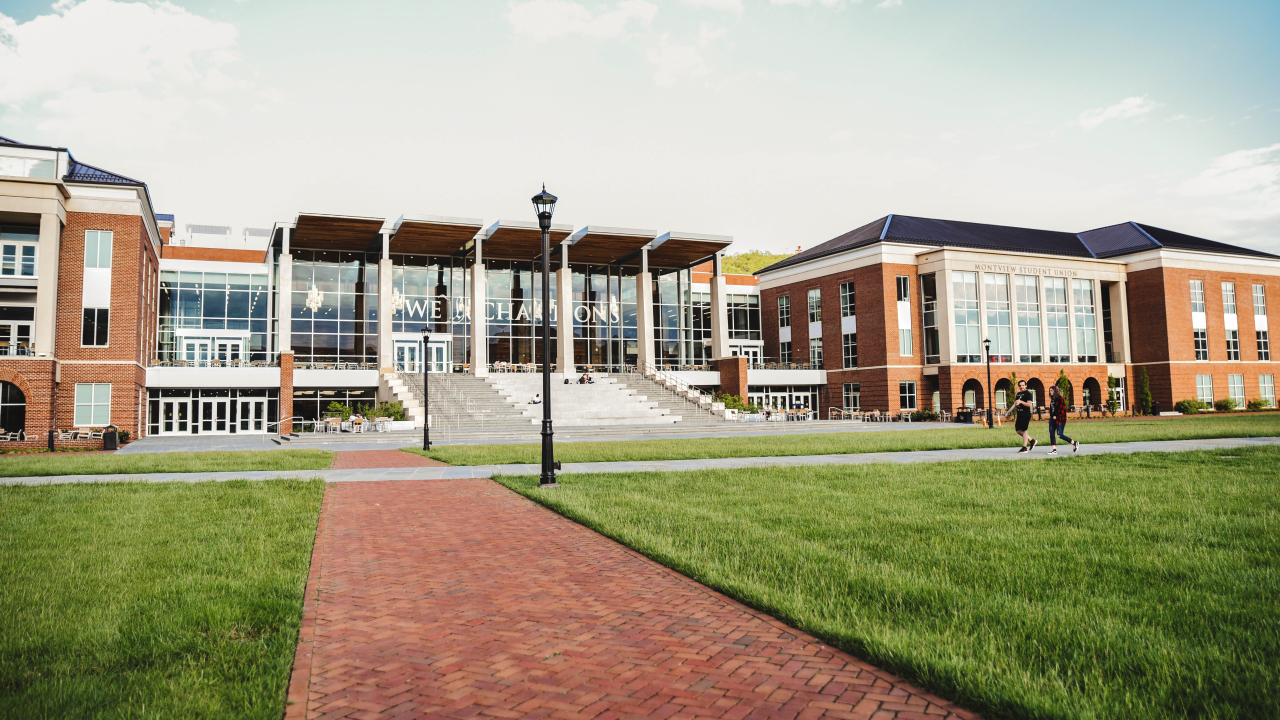Are we ready to incorporate SDGs into the educational framework?

In the present situation, environmental, economic, political, and social conditions pose challenges to sustainable development (SD). In 2015, the United Nations presented seventeen sustainable development goals (SDGs) for global growth to be accomplished by 2030. The SDGs need to be addressed and dealt with at the level of government, institution, business, and citizenship. The current study focuses on implementing SDGs (good health and quality education) in higher education institutions (HEIs). The contribution of HEIs primarily, private schools in SDGs progression was determined through a systemic literature review (SLR). The PRISMA model was employed to conduct the SLR. Based on inclusion and exclusion criteria, 150 articles were selected out of 473, focusing on health and well-being and quality of education in private schools. After further review, sixteen articles were evaluated to assess the SDGs.
The selected studies demonstrate that SDGs have been promoted to improve quality education in private schools in various regions, including the USA, UK, Australia, Germany, Ireland, Denmark, South Africa, Italy, Russia, Portugal, Cuba, and Ecuador. Concerning SDGs, collaboration and interdisciplinary work have been encouraged. However, other sectors like management, research, and teaching still need improvement. It is concluded that education is crucial to achieving the mentioned SDGs, which can be accomplished by 2050 with several changes and compromises among citizens around the globe.
Diemer et al. (2019) stated that society faces more complex environmental, economic, political, and social challenges in the present situation. These problems are primarily concerned with governments, institutions, businesses, and citizens. From 2001 to 2015, the United Nations' work was guided by the Millennium Development Goals. To determine the "2030 Agenda", the process was commenced by the United Nations Security Council. The program's primary goal is to focus on the human rights of the people, especially in the development of sustainability of dimensions such as environment, economic, and social, and also in the eradication of poverty.
The determination of seventeen goals considered mainly on environmental, social, and economic concerns must be handled together or separately. The responsibilities are shared by sectors such as governments, institutions, public and private organizations, and companies to accomplish these objectives. Universities for Higher Education play a significant role because they are essential for the growth of citizens with environmental concerns in the future. A considerable role is played by Higher Education Institutions (HEIs) where the professionals in the future are provided with the ability and skills required to respond to sustainability's difficulties in enhanced global or complex situations. The students become active and responsible citizens in the future by providing education that acts as an acceleration and plays a significant role. Students are trained to respond to the effects of the perspective, which is responsible and future-oriented, in addition to generating and acquiring knowledge.
Higher Education Institute
Johansson et al. (2017) studied that paper, mainly focusing on the effect that will be created by higher education to achieve SDGs. The prevailing paradigm in the education system is a neoclassical paradigm used for many years. In this paradigm, the self-interest and benefits of the human are maximized; therefore, it is a selfish conception. The shareholders find to enhance their profit, and the company's primary goal is to increase the shareholder's economic value. After decades these paradigms had opposing sides like increasing environmental pollution and unequal distribution of the income of the people, which is the central issue focused on by SDGs.
Brown et al. (2019) provided a paradigm shift must be generated when there is a change in the syllabus, which addresses the concerns, aspirations, and sustainability. In the paradigm shift, the economic paradigm is moved toward humanistic paradigms. Thirdly, the students are deployed with volunteer experiences, application of the service-learning methodology, and using a real case study (Deci et al., 2008). Eventually, the students also learn from their instructors and university agents such as employers, managers, and administrators. (Nguyen et al., 2018). It is essential to strengthen, synthesize, and structure the developing requirement to accomplish SDGs, impacting the graduate's profile. A systematic review is conducted where value is added to the existing research, and the literature gaps are identified.
Systematic Review of Education Framework Using SDG
Caiado et al. (2018) stated that Systematic reviews satisfy the requirement of an enlarged view of the existing research, which is related to the research question and is found to be interesting. The implementation and significance of sustainable development goals in private schools are presented in the review. A comprehensive study was presented, where a novel framework was developed to handle the challenges and barriers to monitoring and operating the incorporation of the objective of sustainable development. Several gaps were uncovered few difficulties were found in achieving the 17 SDGs. A review was conducted by Uhlenbroo et al. (2018) of the synthesis report of SDG 6 from the perspective of research, training, and education. A group of publications was analyzed by Ferreira et al., 2018 based on the concepts of economy, green economy, and circular economy. All of these had the same goal: to achieve sustainable development. Perenyi and Losoncz (2018) eventually highlighted two works in entrepreneurship where the topics of emerging research, research directions, and significant trends were investigated.
Rashid (2019) determined that the kinds of literature recently published were analyzed to find the training research and entrepreneurship education on SDGs. The PICO framework is followed to pose questions on research, especially in systematic reviews from the Clinical Excellence and National Institute for Health. The acronym for PICO is P stands for population, problem, and patient. I stand for intervention. C stands for comparator, control, and comparison, and O stands for outcomes. Therefore, the research questions are what kind of actions (intervention) should Private Schools (population) carry out to contribute to the advance of SDGs (outcome)? It is necessary to seek the measures implemented in Private schools to contribute to the accomplishment of the SDG via social projection, research, and teaching. It can be done directly by collaborating with the stakeholders, usage of clean energies, policies on gender equality, sustainable campuses, and waste management. It can also be done indirectly by conducting innovative teaching methodologies, mission inclusion, and workshops to create awareness and training for students and teachers.
PRISMA Model
In the PRISMA model, 150 articles published up to 2020 in international scientific journals based on Higher Education focused on deploying SDGs 3 and 4 in Private schools. The author also considered the area of research relevant to it and analyzed the following databases, which include ERIC, SCOPUS, and Web of Knowledge.
The following keywords were used to search the articles, which include "management education", "entrepreneurship", "Private School", "higher education", and "SDGs". Keywords "private school", "entrepreneurship", and "management" were also used for searches, and with that, the author completed the exploration. A combination of keywords was used as search items. The author included publications with search criteria in the Private School (PS) tract, keyword, and title.
Stay up to date
Subscribe to the free GESS Education newsletter and stay updated with the latest insights, trends, and event news every week. Your email address will remain confidential

